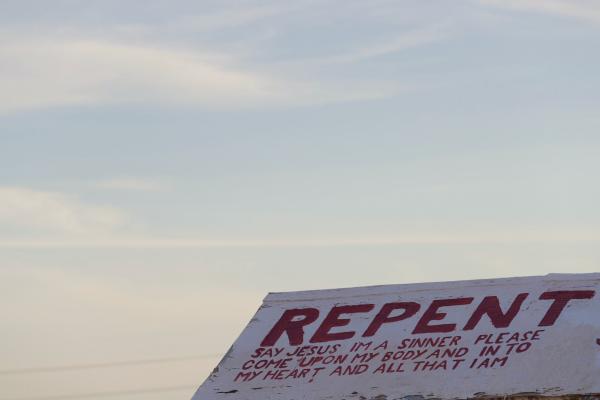Prior to this moment, new allies have preached a gospel of Jesus devoid of justice. They failed to make the theological connection that Jesus and justice are, in fact, mutually inclusive. To invoke Jesus and then to invoke justice is redundant. Every time we invoke the name of Jesus, we commit ourselves to the ministry of justice. Every time we invoke the name of Jesus, we declare the psalmist’s decree that justice and righteousness are the foundations of God’s throne. Every time we invoke the name of Jesus, we summon the messianic prophecy that the spirit of the lord was upon Jesus, to preach the good news to the poor, to set the prisoners free from the Roman industrial complex, and to proclaim liberty to those who were oppressed. Every time we invoke the name of Jesus, we remember that Jesus was convicted of a crime he did not commit, received an unfair trial, and was sentenced to a state-sanctioned lynching on a tree. The ministry of justice is the ministry of Jesus. We cannot divorce our theology from the ministry of justice. To do so is to divorce ourselves from Jesus himself.
Read the Full Article

